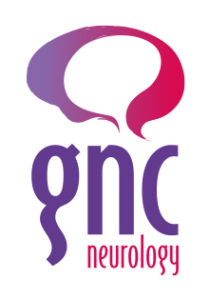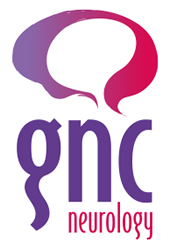The Role of Neurorehabilitation in TBI Recovery
Introduction
Traumatic Brain Injury (TBI) can have lasting effects on cognitive, physical, and emotional health. Recovery from TBI requires a structured approach, and neurorehabilitation plays a crucial role in restoring function and improving quality of life. This specialized form of rehabilitation helps patients regain independence through a combination of therapies tailored to their unique needs.
What is Neurorehabilitation?
Neurorehabilitation is a comprehensive, multidisciplinary approach aimed at helping individuals recover from brain injuries. It involves:
-
Medical Management – Addressing symptoms such as pain, headaches, and sleep disturbances.
-
Cognitive Therapy – Improving memory, attention, and problem-solving abilities.
-
Physical Therapy – Enhancing mobility, coordination, and strength.
-
Speech and Language Therapy – Supporting communication and swallowing functions.
-
Psychological Support – Managing emotional and behavioral challenges post-TBI.
How Neurorehabilitation Supports TBI Recovery
1. Restoring Cognitive Function
TBI often affects memory, focus, and problem-solving abilities. Cognitive therapy helps individuals retrain their brains, improving their ability to process and retain information.
2. Enhancing Physical Recovery
Physical impairments such as weakness, balance issues, and coordination problems can result from TBI. Physical therapy focuses on improving strength and mobility, allowing patients to regain independence in daily activities.
3. Improving Communication Skills
For patients experiencing difficulties with speech or comprehension, speech and language therapy helps rebuild communication abilities and supports swallowing function, which can be affected by TBI.
4. Addressing Emotional and Behavioral Changes
TBI can lead to mood swings, depression, and anxiety. Psychological support and counseling are essential in managing these challenges and ensuring emotional well-being.
The Importance of a Personalized Approach
No two TBI cases are the same, making individualized treatment essential. At GNC Neurology, we create customized neurorehabilitation plans that address each patient’s specific needs, ensuring the best possible recovery outcomes.
Conclusion
Neurorehabilitation is a vital component of TBI recovery, helping individuals regain cognitive, physical, and emotional function. At GNC Neurology, we offer expert-driven TBI rehabilitation programs designed to support each stage of recovery. If you or a loved one is facing the challenges of TBI, contact us today to explore personalized treatment options.
Related Blogs
Stay informed with our latest articles on Neurorehabilitation:
Head Injury Concerns in the UK
Head Injury Concerns in the UK Head injuries have garnered significant attention in the UK, with recent incidents underscoring the critical need for...
Recent Media Reports Highlight Concussion Concerns in the UK
Recent Media Reports Highlight Concussion Concerns in the UK Government Initiatives on Concussion in Sports The UK government has been proactive in...

